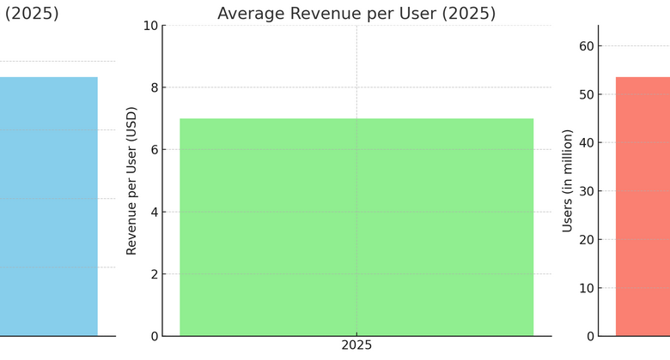Scand
1M
45

Image Credit: Scand
DeFi Staking Platform Development Company: Full Guide to Building a Secure and Scalable Solution
- DeFi, or Decentralized Finance, involves financial services on a blockchain, eliminating middlemen like financial institutions.
- Staking in DeFi allows users to earn passive income while securing and supporting blockchain networks.
- Staking involves users locking up cryptocurrency to receive rewards, primarily used in Proof of Stake (PoS) blockchains.
- Different staking methods include direct staking, delegated staking, pool staking, and exchange-based staking.
- Benefits of staking for users include passive income, governance participation, non-custodial control, and investment selection.
- For businesses, staking can enhance user engagement, stabilize token prices, generate income, and attract liquidity.
- A DeFi staking platform allows users to stake cryptocurrencies to earn rewards like interest, governance tokens, or transaction fees.
- Key features of a DeFi staking platform include smart contract development, multi-cryptocurrency support, earning estimators, reminders, and referral bonuses.
- Steps to build a DeFi staking platform include market research, blockchain selection, UI/UX design, partnering with a development company, testing, security audits, deployment, and post-launch maintenance.
- The cost of building a DeFi staking platform varies based on factors like technology stack, security, design, and custom features, with estimated ranges from $40,000 to $250,000+.
Read Full Article
2 Likes
For uninterrupted reading, download the app